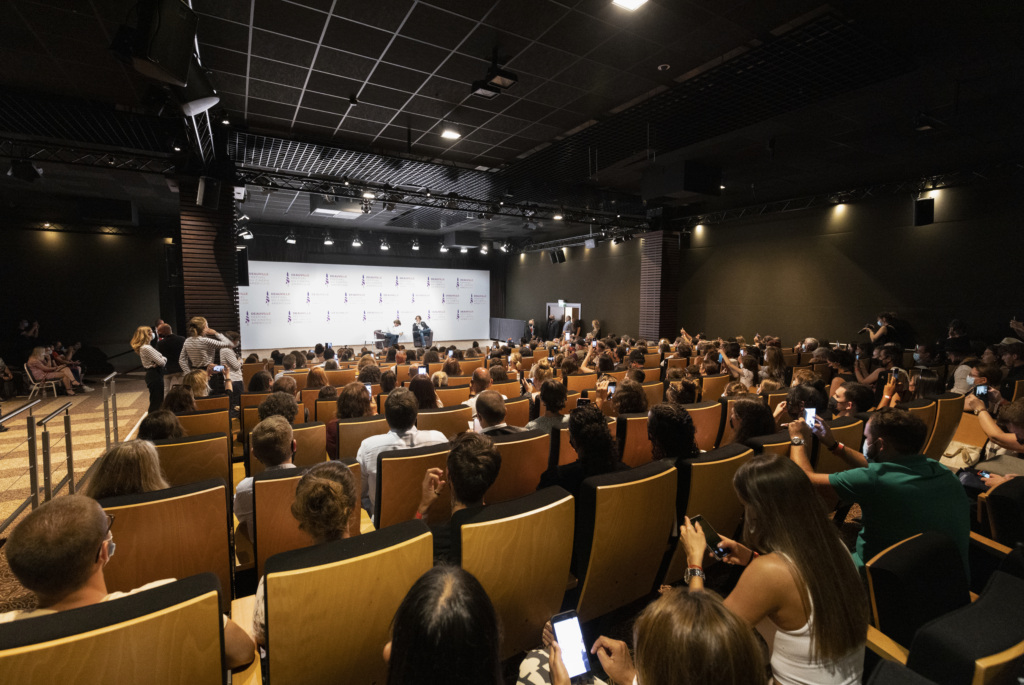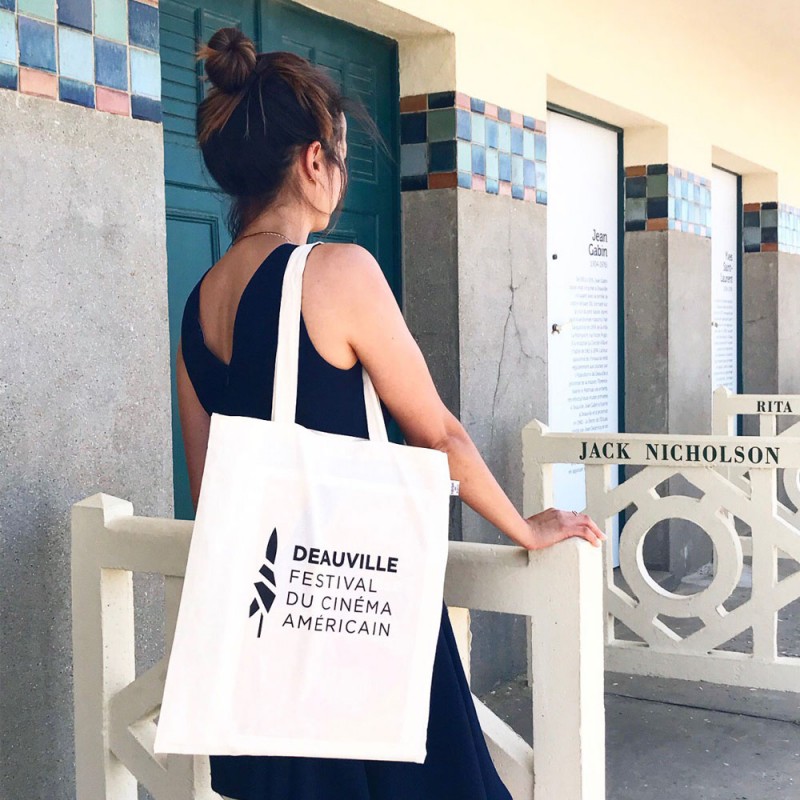Bruno Barde
Director of the Festival
Since the 18th century, the idea of Man’s replacement obscured discernment, the golem myth later adapted to film produced Frankenstein, rendering the idea obsolete, unless one wished to create monsters. The danger of artificial intelligence is upon us, and though it has long been used prudently in film, today it takes the form of an ogre that threatens dubbing, set design and screenwriting, and extends its deicide by raising actors from the dead. So yes, we support this strike, for any attempt to replace Man is, from an artistic and ontological point of view, an aporia. Creation remains the property of Man.
Of course, the actors joining the writers on the picket line on July 14th gave us no cause for celebration, but rather cast a nagging and grim shadow over the festival. However, unlike other conflicts in the world, this one causes no deaths. We’ve held fast to the program, despite the withdrawal of certain honored celebrities. The essential thing remains the work itself, and audiences will be able to discover the films and meet the directors, several of whom will be in attendance.
Deauville looks at the world, assuming its role as tomorrow’s oracle. But envisioning the world means giving it a face, the face of cinema. Thus creating a face-off, a shot-reverse-shot. In a powerful scene in his magnificent The Fabelmans, Steven Spielberg shows that truth is what cinema makes us see. Jonathan Glazer’s sublime film The Zone of Interest, a true Palme d’Or, illustrates this. Coming after Michael Haneke’s The White Ribbon and Terrence Malick’s A Hidden Life, this film points to the “ad libitum” nature of absolute evil, a precursor and verdigris echo of what is spreading like agonies today. Marco Bellocchio’s masterful Kidnapped, an event at the last Cannes Film Festival, shows the danger of excess in an inquisitorial Italy.
Thus does truth become the quest of each of us and every work, making us lookouts for beauty and messengers of hope. Deauville, which hosts the best of cinema in September, becomes a seeker’s chalice, scrutinizing the world’s throes and joys on screen. But if cinema shows, what does it say? It recounts life and films its user manual, manifesting equal parts imagination and filth as grace revealed. Just as words settle into memory through literature, filming makes the work’s living material flesh, adding to memory by way of the gaze.
Cinema is what is added, the “Joseph” of the world. Hence the cinematic arts invite us toward introspection or spiritual conversion, for those who aspire to it. Here, faced with these works, we shake each other, we heckle each other, we look at each other, we question each other, we rebel, discuss and embrace each other… We resist. Here, we are living beings. Each square of the studied image resembles each square of skin; an eternal Eden.
In Deauville, we drop the shadows’ attire and don apparel of glass, and see devastating dawn break on the horizon of dreams and the screen of desire born under tortured flesh. Here, opinion is fleeting, but thought persists. With over 50 films, tributes that enshrine in memory and jurors who, taking after Guillaume Canet and Mélanie Thierry, honor us with their talent, the festival affirms and preserves this territory, this “Avalon” realm where all things are possible, where liberty is rediscovered in the love of charity, whose Lady in the Lake is cinema’s sentinel.

